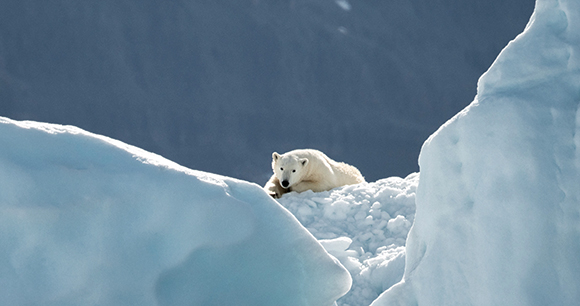In October 1972, during the Nixon administration, the United States passed an environmental law well ahead of its time. The Marine Mammal Protection Act, inspired by horrific images of dolphins dying in tuna nets, factory ships harpooning great whales, and airplanes and helicopters running down mighty polar bears so sport hunters could shoot them, was a precautionary piece of legislation when “precautionary principle” was still a new term. Back then, Congress believed in science and understood that marine mammals were uniquely difficult to study and monitor. These animals would thus require special protection to ensure they remained a “functioning element of the ecosystem of which they are a part.”

This year marks this groundbreaking statute’s 50th anniversary. AWI and a coalition of more than 20 other animal and environmental protection organizations are working together on a campaign to celebrate this milestone and promote amendments that will allow the law to help marine mammals face the next 50 years of human-caused threats and challenges. The campaign is largely social media–based and will culminate in the fall with an event in Washington, DC, to showcase the MMPA’s importance.
The campaign launched in February, using the hashtag #MMPA50 to generate attention. The launch featured a video highlighting the amazing nature of these species. Some marine mammals (e.g., polar bears, sea lions) are perfectly at home on solid ground, but spend much of their time in or near the ocean because their prey live there. Others are wholly aquatic (e.g., whales, dolphins, and manatees), and coming ashore, known as stranding, is usually a death sentence. All marine mammals are ecologically tied to marine habitats, coastal or in the open ocean, and many have adaptations that allow them to exploit even deep waters, including the ability to handle excessive saltwater exposure, withstand heavy pressure, and hold their breath for long periods. Some whales can dive thousands of feet deep and hold their breath for more than an hour. For them, no light is no problem—their eyesight is excellent, but they can hear even better. Many whales and dolphins use echolocation, like bats, to navigate and identify prey in the darkest depths of the sea.
Our goal with the #MMPA50 campaign is to educate the public about this legislation and the remarkable animals it protects. For a half century, the MMPA has brought many species back from the brink of extinction, but sustained success can become background noise and lead to political invisibility. Marine mammals now face challenges from entanglement in fishing gear, human-caused noise, changing climate, and more. We must work together to ensure the MMPA continues to protect marine mammals from these present-day and future threats.
Each month we offer new content on social media—engaging activities to teach people unique undersea vocalizations, informational webinars, and actions we all can take to help vulnerable marine mammal populations. Join the celebration and take action by following AWI on social media and liking, commenting, and sharing content using #MMPA50!